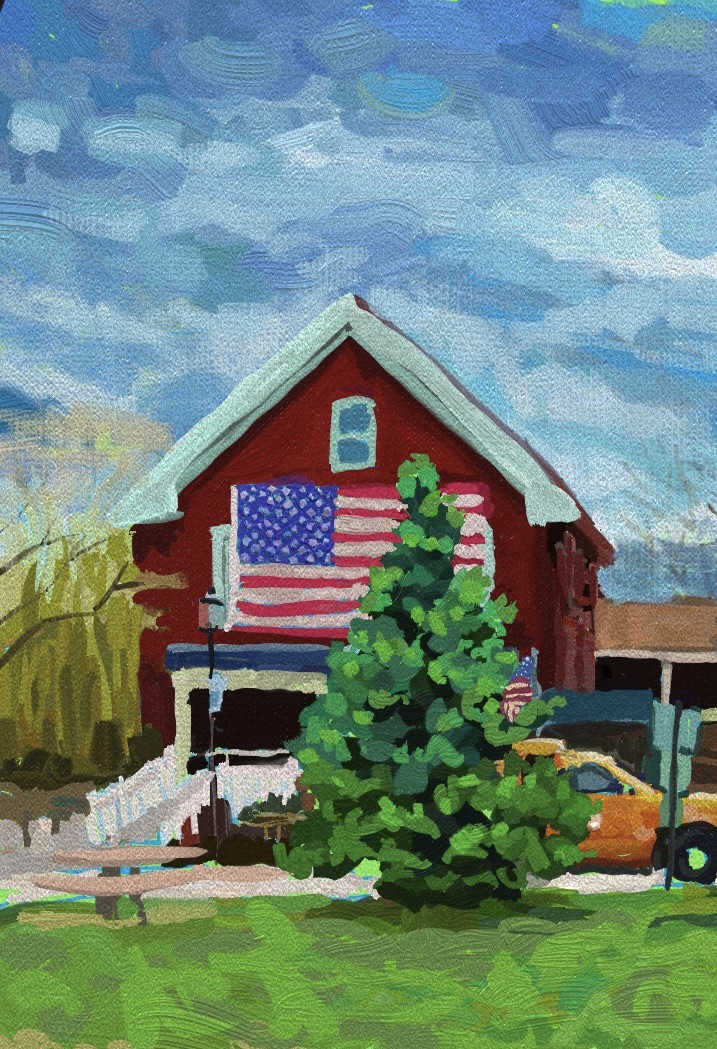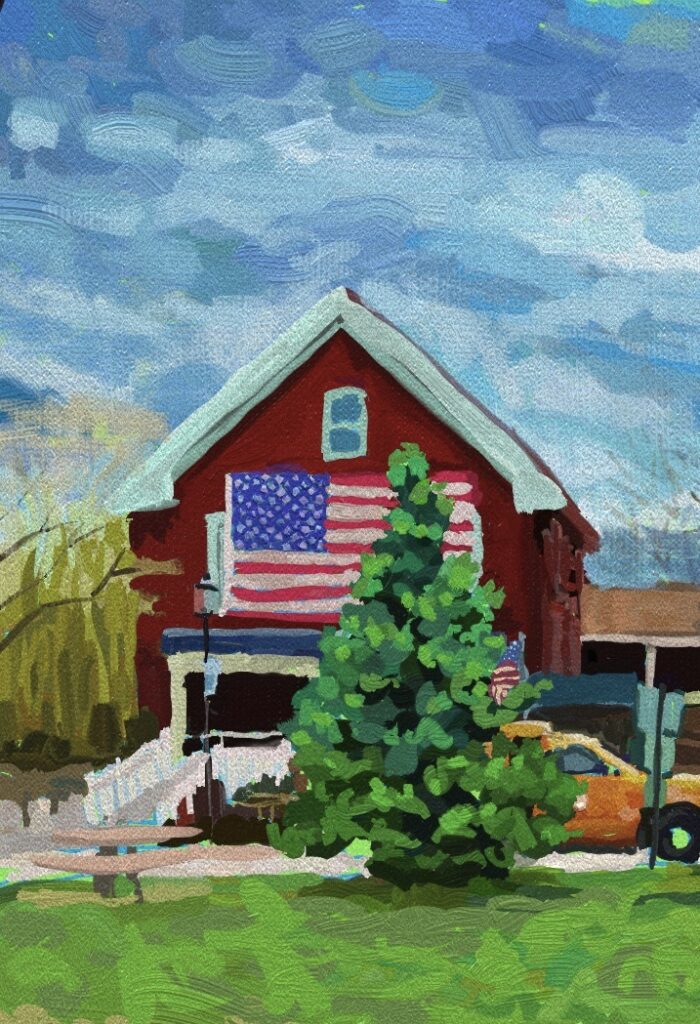Not like Us, There Are More of Us

Are you patriotic? What does being patriotic mean to you?
Growing up in Texas, state pride took precedence over country. Don’t get me wrong, our Fourth of July fireworks displays were unsurpassed. But Texans love being Texan, and I opted out of much of my U.S. History courses during those punk rock years.
When I moved to New England I began to be patriotic. Fairfield, Connecticut is bursting with colonial history, along with neighboring states I’ve had the opportunity to see much of over the years. When I watched a recorded version of Hamilton, I put aside my negative thoughts on colonialism and treatment of natives and allowed myself to find interest in the rebellious nature of the founding fathers. It was during the first term of a government official that was setting us back as a country, and I felt a sense of allegiance to those who rebelled against oppressive government in 1776. It made me feel empowered as a citizen to evoke the wily former soldiers depicted in the play who formed the foundations of our government.
There are many aspects of our country’s history that do not align with my values, but it is the country from which I belong. I will always be an American, even if I receive citizenship elsewhere. It is because of this that I am patriotic.

Being patriotic is about standing up for the values of our country. It’s about knowing our history, what it stands for, and paying attention to ways in which you can help aid in keeping its democracy intact.
Many people over the years have confused nationalism for patriotism, to the point that several years ago I began to see the American flag and the bald eagle in a different light. Though these cultural symbols once represented who we are as inhabitants of this country, it became a virtue signal for those who are intolerant for others. It was a warning sign.
It’s going to be harder to protect our democracy than it was in the past, but it is worth it. I don’t love the circumstances from which this country was built, nor do I love the way our country is now represented by a reprehensible regime. But a country is not its history any more than I am my history. It is not its government, either. A country is its people, the many that constitute a whole. I love my neighbor, so I love my country, and I’m not going to let any weird losers in charge change that, because that gives them more power.
We can’t forget that there are more of us than there are of them.
I leave you with this bop.
What do you think?